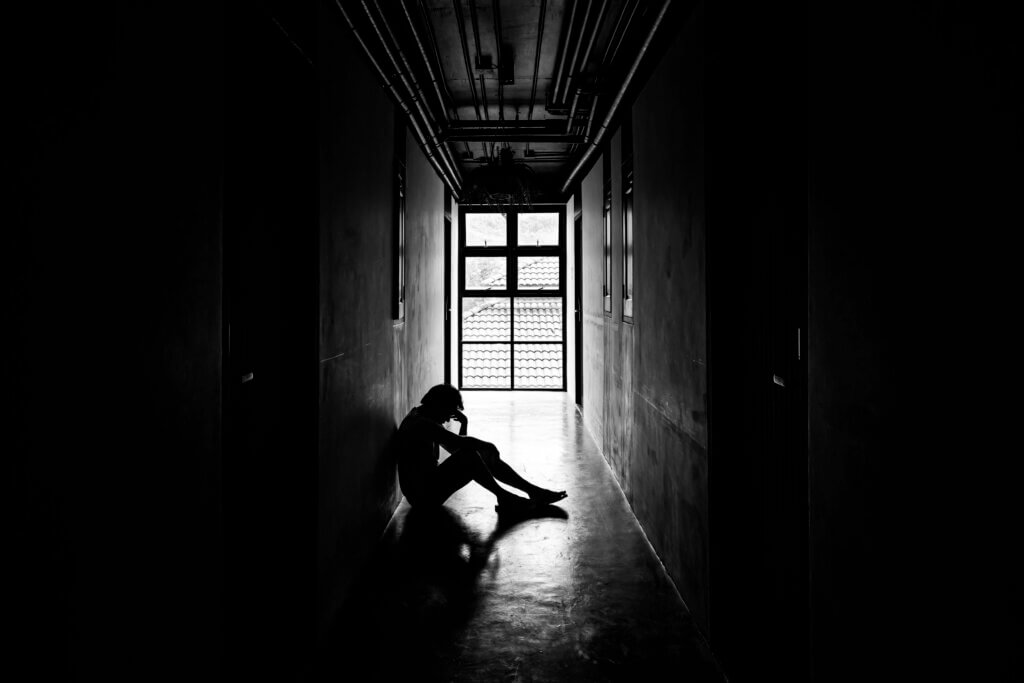Content Warning: This page discusses topics related to suicide and self-harm, which may be distressing for some readers. If you or someone you know is struggling, you are not alone. Free and confidential support is available 24/7 through the 988 Suicide & Crisis Lifeline. Call or text 988 to connect with a trained counselor right away.
Legal Help for Families Harmed by Psychiatric Negligence or Suicide
When someone you love seeks help for mental health issues, you expect them to receive professional, compassionate care. But in too many cases, psychiatric facilities, doctors, or therapists in Georgia fail to follow basic standards, and the result is serious self-harm, permanent injury, or suicide.
At Blasingame, Burch, Garrard & Ashley, P.C., our Georgia suicide malpractice lawyers represent individuals and families devastated by mental health negligence. We handle complex claims involving suicide attempts, wrongful death from suicide, and injuries caused by negligent mental health treatment or supervision. If you suspect you have a case, fill out our confidential case review form and someone will be in touch. You can also call us at 706-354-4000.
- Legal Help for Families Harmed by Psychiatric Negligence or Suicide
- What Can Happen When Mental Health Providers Are Negligent?
- Common Types of Mental Health Negligence Cases in Georgia
- Why Suicide and Mental Health Malpractice Cases Are So Complex
- Warning Signs of Suicide or Psychiatric Negligence
- How Long Do I Have to File a Suicide Wrongful Death Lawsuit in Georgia?
- How Our Georgia Suicide Malpractice Lawyers Can Help
- Contact a Georgia Mental Health Negligence Attorney Today
What Is Mental Health Malpractice in Georgia?
Mental health malpractice occurs when a psychiatrist, therapist, hospital, or mental health facility fails to provide care that meets the accepted standard in Georgia, and that failure results in severe injury or death. These cases often involve:
- Failure to assess or monitor suicide risk
- Improper or premature discharge from a psychiatric facility or emergency room
- Lack of supervision in inpatient or residential treatment
- Prescribing the wrong medication or failing to prescribe necessary medication
- Ignoring warning signs of suicide or self-harm
If a provider’s negligence caused your loved one’s suicide attempt or death, you may have grounds for a psychiatric malpractice lawsuit in Georgia.

What Can Happen When Mental Health Providers Are Negligent?
Negligent mental health care can result in:
- Completed suicide
- Attempted suicide leading to traumatic brain injury, paralysis, or organ damage
- Permanent psychiatric deterioration
- Loss of earning capacity or independence
- Wrongful death, emotional trauma, and grief for surviving family members
These tragedies are often preventable, and our legal team works to hold negligent providers accountable.
Common Types of Mental Health Negligence Cases in Georgia
As experienced mental health malpractice attorneys in Georgia, we’ve seen many types of negligence, including:
- Suicide after premature ER or inpatient discharge
- Failure to place a patient on suicide watch
- Ignoring family reports or prior suicide attempts
- Miscommunication between medical providers
- Inadequate safety measures in mental health facilities
These cases are complex, but your family does not have to navigate them alone.
A History of Results
We have an established track record of bringing our clients the results they expect and deserve. We have recovered millions of dollars for our clients, and we know how to fight the medical facilities and insurance companies.
Why Suicide and Mental Health Malpractice Cases Are So Complex
Proving that a doctor or facility is legally responsible for a suicide or self-harm incident requires more than showing the patient was in crisis. Georgia law requires that we prove:
- The provider owed a duty of care to the patient
- That duty was breached through negligent care or supervision
- The breach caused the injury or death
- Damages resulted, such as death, permanent injury, or emotional suffering
These cases often involve expert psychiatric testimony, complex medical records, and a deep understanding of suicide prevention protocols. That’s why it’s important to work with a Georgia mental health negligence law firm with experience and the necessary resources.

Warning Signs of Suicide or Psychiatric Negligence
Family members often spot red flags that providers miss or ignore. Warning signs may include:
- Talk of suicide, hopelessness, or feeling like a burden
- Sudden withdrawal from family, friends, or activities
- Erratic behavior, sleep changes, or medication shifts
- Discharge from care without a clear safety plan
- Staff ignoring concerns or rushing the patient out of care
- Lack of medication or the wrong medication being administered or prescribed
If your loved one experienced any of these before a suicide or suicide attempt, it’s worth speaking with an attorney.
How Long Do I Have to File a Suicide Wrongful Death Lawsuit in Georgia?
Under Georgia law, the statute of limitations for most medical malpractice or wrongful death cases is two years from the date of injury or death. However, certain circumstances, such as delayed discovery of negligence, may impact that timeline.
Because suicide-related cases require in-depth investigation and expert review, it’s crucial to speak with an experienced lawyer as soon as possible.
Learn more about Georgia’s Statute of Limitations
Get a free medical malpractice case review
Do you have questions about an injury caused by medical malpractice in Georgia? If so, simply submit the short form below to speak with an experienced Georgia personal injury attorney from BBGA about your case.
How Our Georgia Suicide Malpractice Lawyers Can Help
At Blasingame, Burch, Garrard & Ashley, we understand the emotional weight of suicide cases. Our team will handle your case with care, privacy, and professionalism while aggressively pursuing justice. We help clients across Georgia with:
- Suicide wrongful death lawsuits
- Suicide attempt injury claims
- Negligent mental health care lawsuits
- Inpatient psychiatric facility negligence claims
- Cases involving teens, veterans, or vulnerable adults
We know the protocols. We know the legal standards. And we know how to build strong cases for grieving families.

Contact a Georgia Mental Health Negligence Attorney Today
If your loved one was seriously harmed or died by suicide while under psychiatric care, we may be able to help. Contact our firm today for a free, confidential consultation.
Call us at 706-354-4000 or contact us online.
You don’t have to face this alone, and your family deserves answers.
Disclaimer: The content on this page discusses sensitive topics that may be distressing, including suicide, self-harm, abuse, or medical trauma. It is intended for informational purposes only and is not a substitute for professional help. If you or someone you know is in crisis, call or text 988 to connect with the Suicide & Crisis Lifeline for free, confidential support available 24/7.
